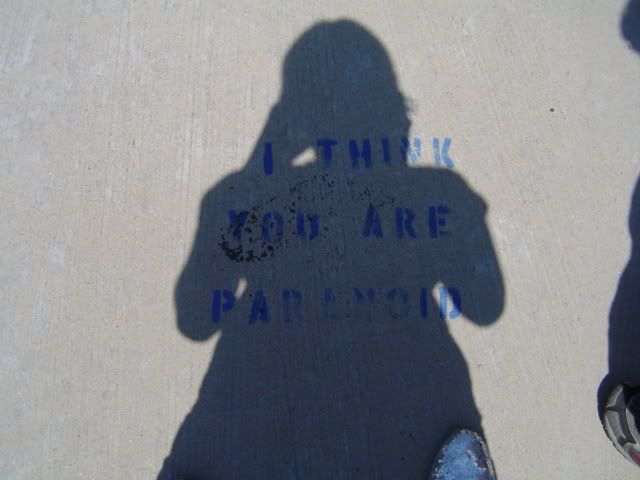sunday morning soundtrack
driving five over
shuffle softly pages fingertips
wailing muffled despair
shoes shuffle fall almost
moist mouths stage whisper
nervous habit
clickclickclickclickclick
no smoke break during service
love thy neighbor
why don't you?
because:
clickclickclickclick
rustle whimper sigh
hands shaking can't write
cough beep murmur chuckle
awkward greetings
smiles fake fade
you're not here.
maybe i can hear you out there--
pray in face of cold wind
hide from invasive others
keep hands still heart open
you're not here.
maybe i can hear you out there--
pray in face of cold wind
hide from invasive others
keep hands still heart open
just long enough to decide
